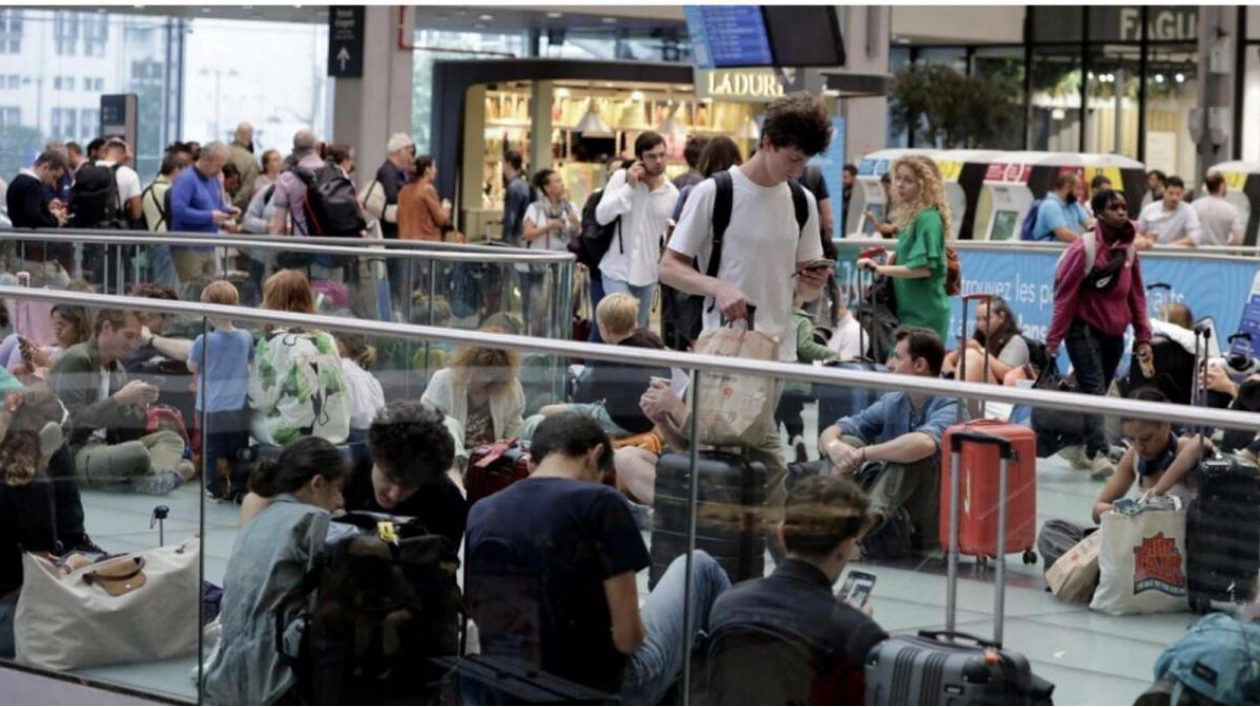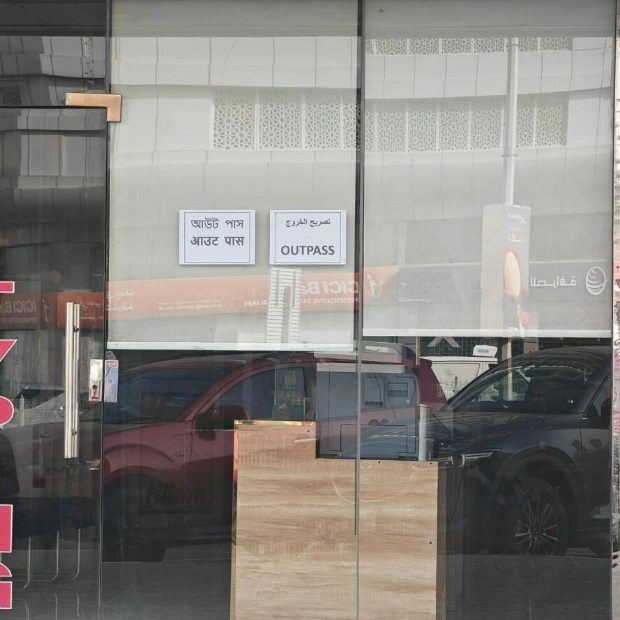Arson attacks disrupted France's high-speed rail network, affecting tens of thousands of passengers on Friday. These incidents occurred just hours before the opening of the Paris Olympics, described by officials as premeditated acts of "sabotage." The attacks took place under heavy security in the French capital, where 300,000 spectators and VIPs were expected for the Games' opening ceremony.
Fires on the Atlantic, northern, and eastern lines led to cancellations and delays during peak summer holiday travel. Prime Minister Gabriel Attal stated that early morning, coordinated sabotage targeted SNCF installations. SNCF CEO Jean-Pierre Farandou detailed that the attackers ignited fires in conduits carrying multiple fiber-optic cables, crucial for relaying safety information to drivers and controlling rail switches.
The disruption is expected to impact around 800,000 passengers over the weekend, as the extensive damage requires labor-intensive repairs. The rail network was already busy due to the Olympics and summer holiday travel. Attal emphasized the significant and serious impact on the rail system. Of the four planned athlete trains, two arrived, one was delayed, and the fourth group was rerouted.
Passenger services chief Christophe Fanichet reported delays of 90 minutes to two hours on routes between Paris and the north and east of France. He urged passengers not to come to the station unless they received confirmation. A major branch to the southeast was spared due to timely intervention by rail maintenance workers.
Eurostar announced that about one in four services across its network, linking France, the UK, Belgium, the Netherlands, and Germany, would be canceled, including trains from Paris to London. SNCF's Farandou explained the manual and meticulous nature of the repairs needed for the bundled cables.
By early afternoon, Transport Minister Patrice Vergriete reported that some trains were operating, with about one in three departing from Paris's Montparnasse station. He also advised against unconfirmed station visits. At Montparnasse, passengers faced delays of over two hours, with normal traffic expected to resume on Monday, July 29.
Long-distance ride-sharing app Blablacar saw a 150-percent increase in reservations for Friday. Paris's RATP transport network increased vigilance following the attacks. SNCF workers in central France encountered unauthorized individuals during night maintenance, leading to their flight upon police notification.
Minister Vergriete described the attackers as having vans and incendiary devices, labeling the incident an "obscene criminal attack." Prime Minister Attal highlighted the coordinated and targeted nature of the attacks, indicating familiarity with the network. France's intelligence services are investigating, with the arson method resembling past attacks by extreme-left groups.
In September, similar arson attacks in northern Germany caused significant disruptions, with a claim of responsibility from an extreme-left website. Paris prosecutor Laure Beccuau opened a probe into the suspected undermining of fundamental national interests, including potential damage by an organized gang and attacks on an automated data processing system.






